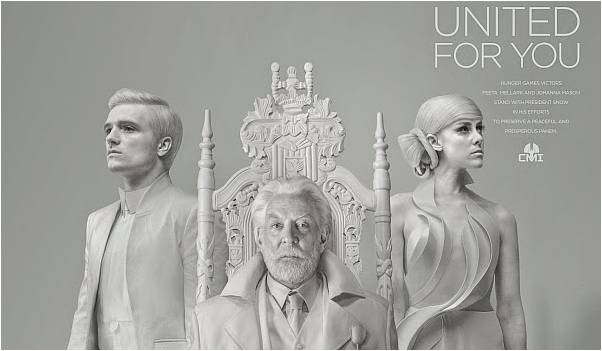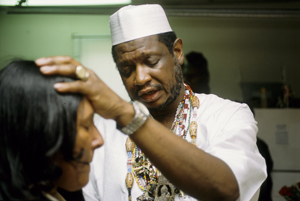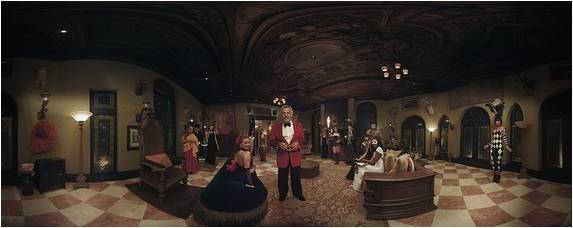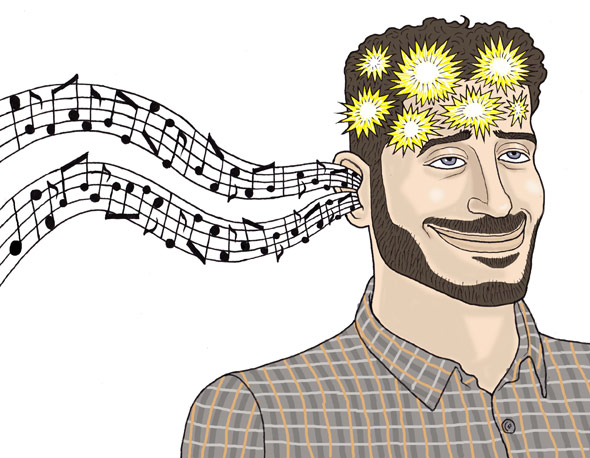 Here is a Harvard Business Review Q&A with Zoe Lu from the University of Wisconsin about a study that suggests that people feel more negatively toward people, images, or sounds if those stimuli are approaching them.
Here is a Harvard Business Review Q&A with Zoe Lu from the University of Wisconsin about a study that suggests that people feel more negatively toward people, images, or sounds if those stimuli are approaching them.
Even if it is someone we love…the research suggests that our unconscious blink reaction makes us feel a bit fretful for a moment if that person is walking toward us.
People also feel this way about events. The nearer an event gets on our calendar – even one that seemingly is a welcome event – the more we dwell on the possible negative aspects of that event.
This obviously has implications for marketers who are creating visuals for use in advertising. It also has implications for understanding how people think – we once did a study that indicated that people who said “I am coming up on retirement” were more likely to feel positively about that retirement (and were likely to have saved more money for retirement) than people who said “Retirement is coming up on me.”




















